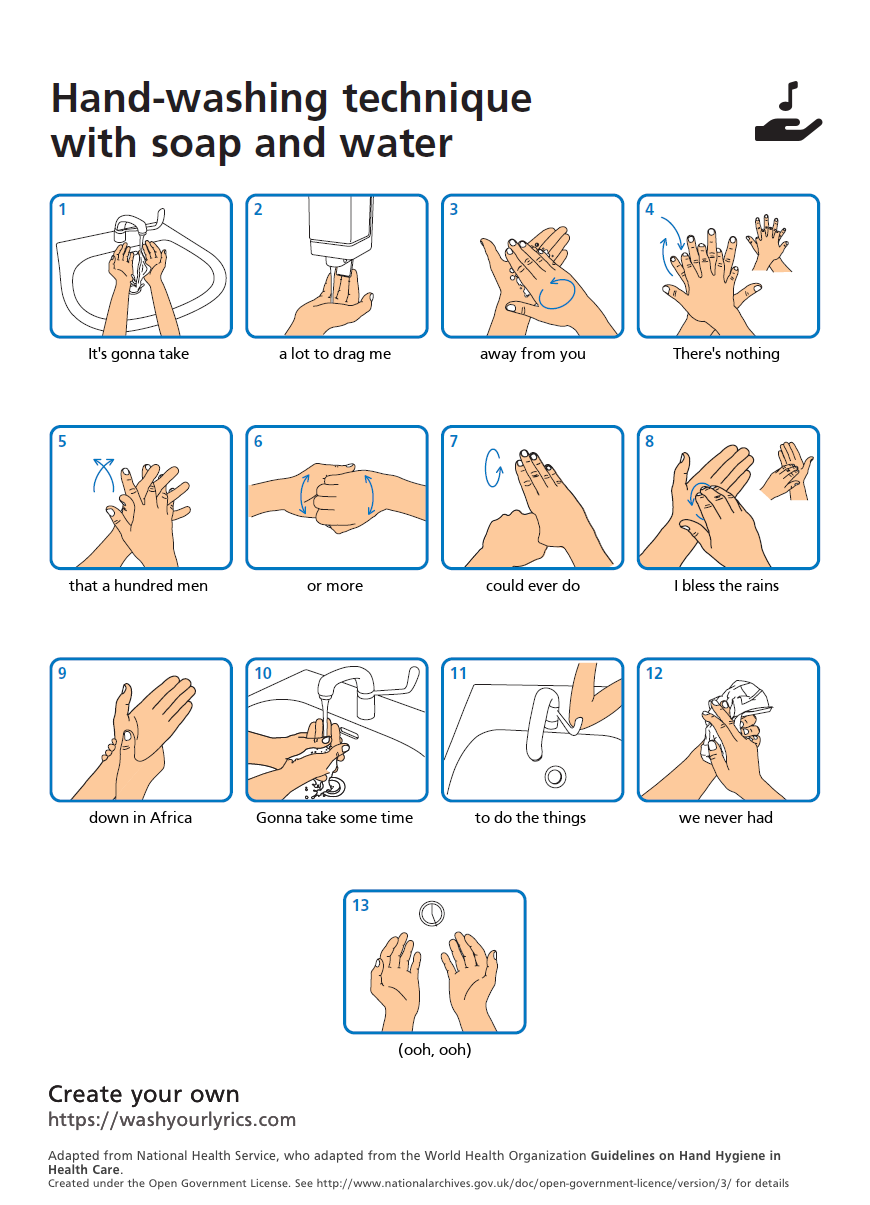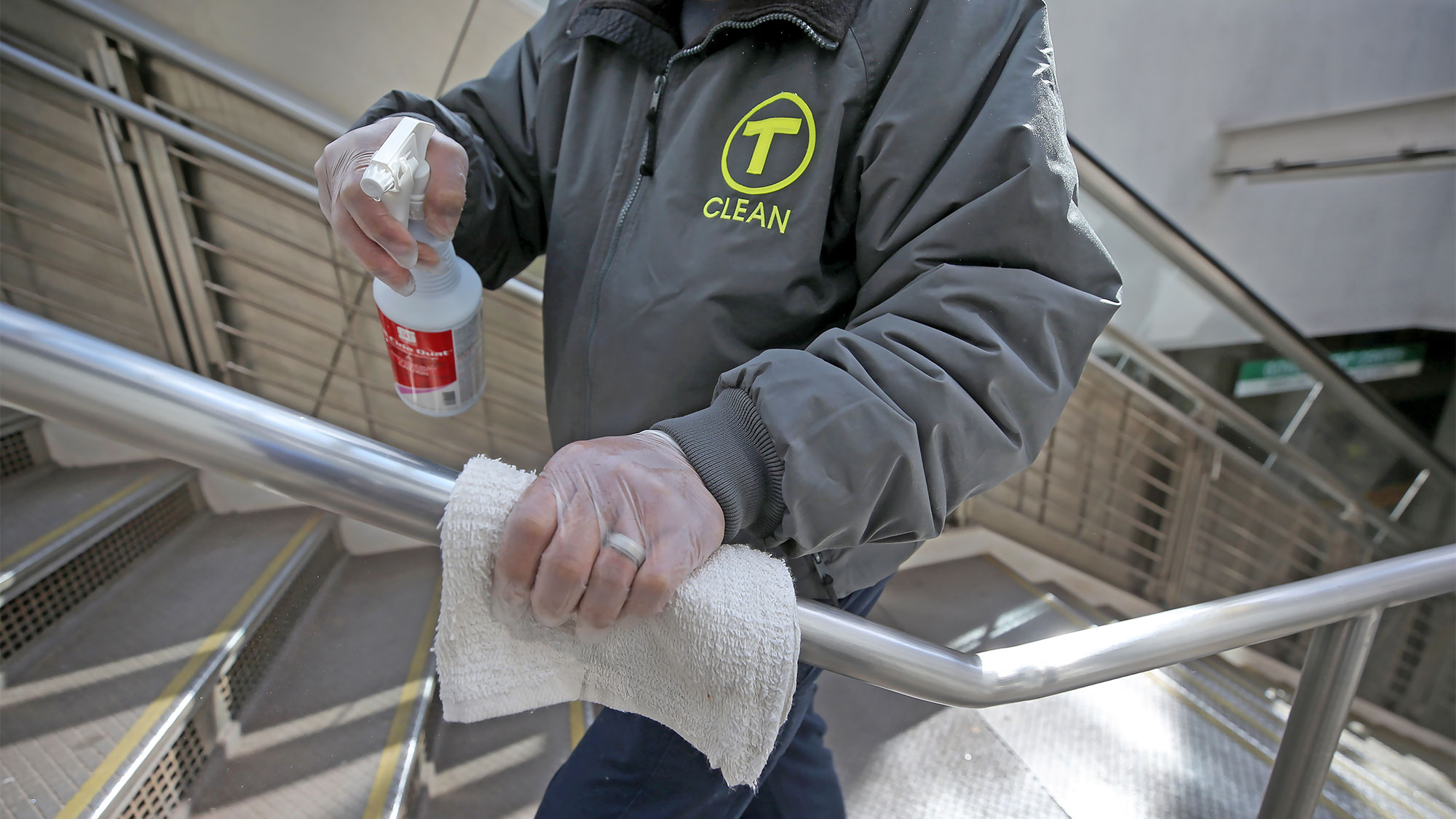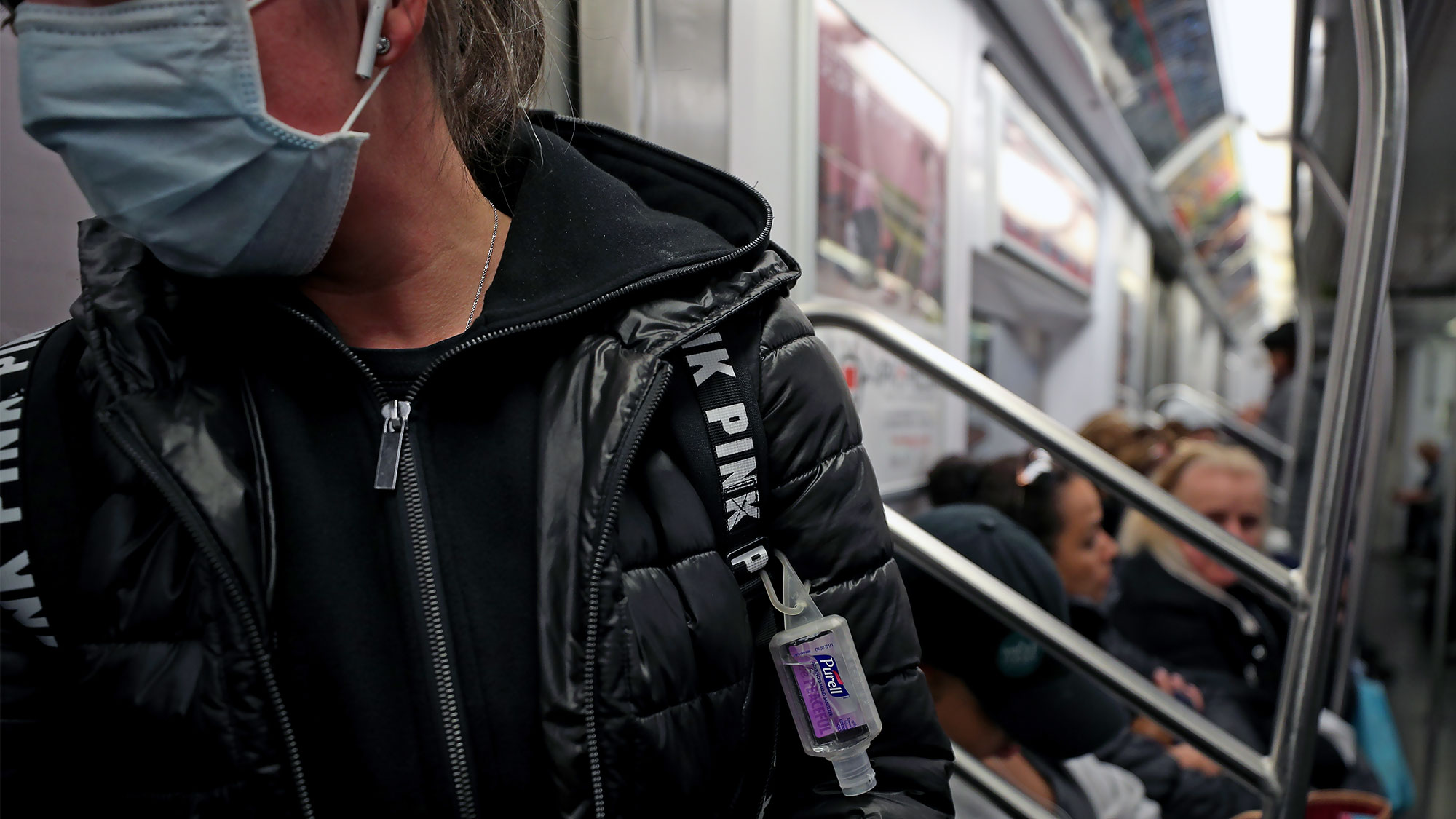
Knowing and following coronavirus tips is crucial to staying healthy as COVID-19 continues to spread across the world.
Many of these safety tips are common sense precautions. All come from recommendations made by reputable organizations including the Centers for Disease Control and the World Health Organization.
COVID-19 is spreading at a fast pace. As of March 12, there are over 127,750 confirmed coronavirus cases worldwide and 1,323 in the US. The government has instituted a coronavirus travel ban against non-authorized people who have departed from 26 European countries (not including the UK).
- Where to buy hand sanitizer: These retailers still have stock
- Best thermometers
- Coronavirus maps: Track COVID-19 cases
If coronavirus has made its way to your community, you may be concerned that you or a loved one are at risk of catching the disease. Here are essential tips for staying safe and healthy during the coronavirus pandemic.
1. Wash your hands the right way
The CDC recommends washing your hands often with soap and water for at least 20 seconds, especially after you’ve been in a public place and after blowing your nose, coughing or sneezing. Also wash your hands after you’ve been to the bathroom and before eating.
To time handwashing to 20 seconds, you can sing the Happy Birthday song twice. Or try singing the chorus to Toto’s Africa or Fleetwood Mac’s Landslide. There’s now a coronavirus handwashing meme based on a site called Wash Your Lyrics. You can make your own infographic with the lyrics to your favorite song, timed to 20 seconds, like so:

If soap and water aren’t available, use a hand sanitizer that contains at least 60% alcohol. Make sure to cover the entire surface of your hands and rub them together until they feel dry.
Sign up to get the BEST of Tom's Guide direct to your inbox.
Get instant access to breaking news, the hottest reviews, great deals and helpful tips.
Don’t touch your eyes, nose and mouth with unwashed hands.
2. Use a tissue for coughs and sneezes, or your elbow
Cover your nose and mouth with a tissue when coughing or sneezing, and throw the tissue away afterward. If a tissue isn’t available, cough or sneeze into your elbow or sleeve.
(Note: Sneezing is not a common symptom of COVID-19, but better to develop healthy habits.)
The main mode of coronavirus transmission is through respiratory droplets. Either people breathe in those droplets or people touch a surface that the droplets landed on. It’s unknown how long droplets of the new coronavirus remain infectious, but according to WHO, similar coronaviruses can survive on surfaces from a few hours up to a few days, depending on the environment. For more information about this, read this guide by LiveScience.
3. Engage in social distancing
Avoid close contact with anyone who’s sick. The CDC recommends that you maintain a distance of 6 feet (2 meters) from anyone who is coughing or sneezing. When someone coughs or sneezes, they spray small liquid droplets into the air, which may contain the virus. If you’re too close, you could breathe in those droplets.
4. Practice other good health habits
Get a good night’s sleep. Exercise. Drink plenty of fluids. Eat nutritious food. Take vitamins.
If your gym is closed, you can still exercise at home. Download the best workout apps or gear up with the best home gym equipment and start sweating.
Be sure to keep eating fresh produce, so check out our guide to the best grocery delivery services. Or order from your favorite restaurants using the best food delivery apps.
And good health habits include mental health. Social distancing can lead to loneliness and depression. Check in with friends on Group Facetime or watch Netflix with friends remotely.
5. Disinfect surfaces

Clean and disinfect computers, telephones, doorknobs, switches, handles, bedside tables, bathroom sinks, toilets, counters, toys and other commonly-touched surfaces in your home and at your workplace.
If you can find them, Clorox wipes will likely be your best bet. Here’s how to clean your phone.
6. Prepare your household in case you get sick or are quarantined
Experts suggest that you stock a 30-day supply of your prescription medications and make sure you have other health supplies on hand, such as pain relievers, stomach remedies, cough and cold medicines, fluids with electrolytes and vitamins. Also replenish your cleaning supplies (like bleach and laundry detergent) and isopropyl rubbing alcohol. Here are the best coronavirus cleaning products according to the EPA.
Also consider stocking up with a two-week supply of food. And no, it doesn’t have to be just canned beans and rice. Electricity will still work, so you can also get frozen foods. There are also food delivery apps, grocery delivery services, and meal kit delivery services. Many of these services are introducing contact-less delivery, so the order will be dropped off outside the door.
Here's a complete coronavirus checklist of what to buy to keep yourself safe.
7. Wear a non-medical face mask while in out public

At the time of this writing, the CDC and the World Health Organization are still debating whether to recommend healthy citizens wear masks to prevent being infected. So should you wear a face mask? It's a personal choice. You should not buy up N95 medical-grade because healthcare workers need it to treat coronavirus patients. But you can learn how to make a face mask at home, if you're interested in a DIY project.
Also, make sure you know how to clean a face mask to ensure it's effective at protecting you from getting sick.
8. Stay home if you’re sick
If you’re not feeling well, protect other people from infection by being extra cautious if you are not feeling well.
The most common coronavirus symptoms are fever and dry cough, followed by fatigue and shortness of breath. If you experience any of these, stay at home. Do not go to work, do not take public transportation, do not go to the grocery store, do not take your kids to school. Contact your employer to figure out how to best manage your work responsibilities. Here are the best home office tech and supplies to work from home.
If you do get sick, contact your health care professional to get advice and treatment options.
- Best relaxation apps
- Instacart promo codes and delivery info
- What to know about Walmart Grocery pickup and delivery

Kelly is the managing editor of streaming for Tom’s Guide, so basically, she watches TV for a living. Previously, she was a freelance entertainment writer for Yahoo, Vulture, TV Guide and other outlets. When she’s not watching TV and movies for work, she’s watching them for fun, seeing live music, writing songs, knitting and gardening.
